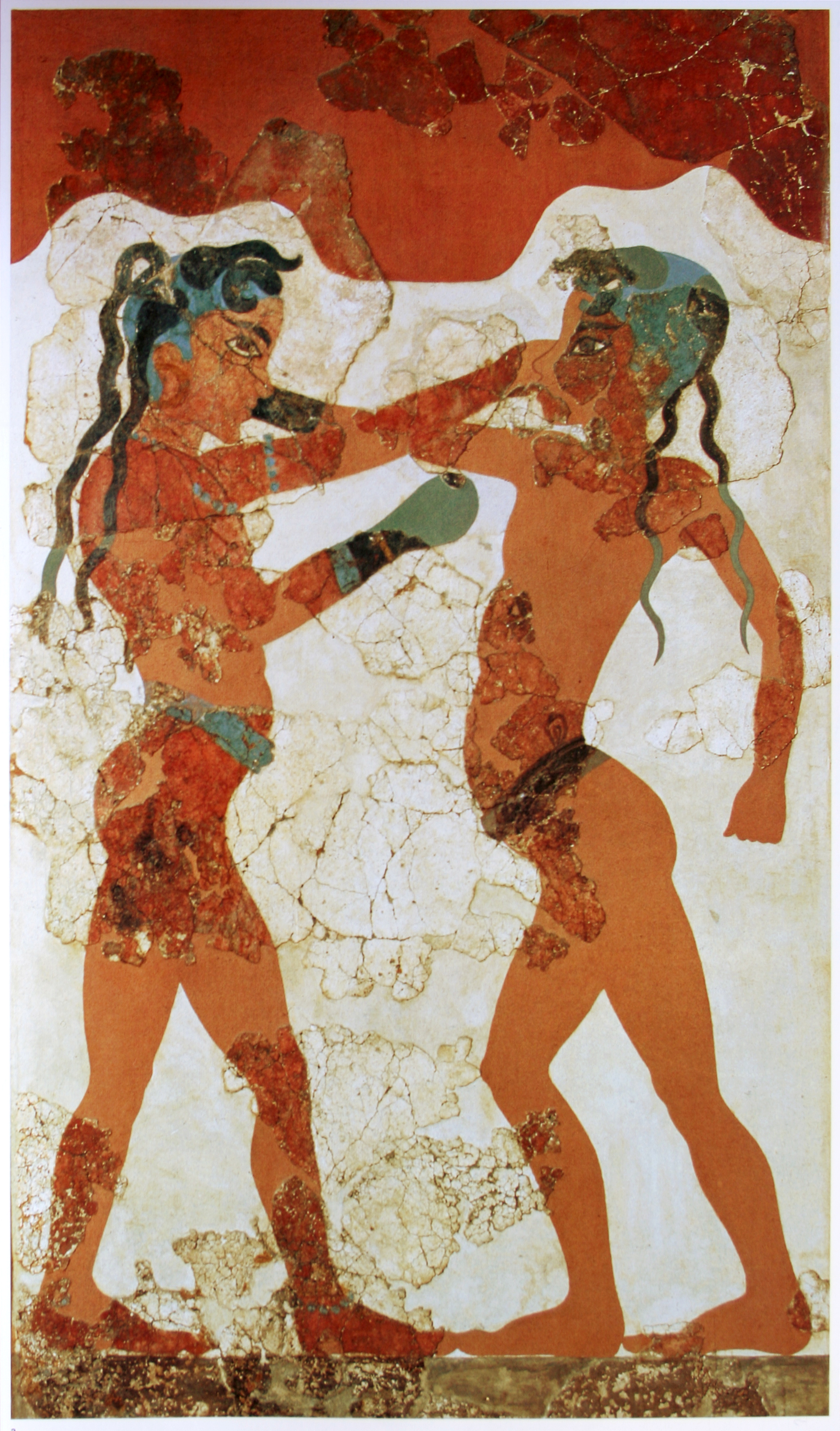|
Francis Nyangweso
Francis Were Nyangweso (29 September 1939 – 15 February 2011) was a Ugandan boxer. He competed in the men's light middleweight event at the 1960 Summer Olympics. He later went on to work in sports administration in Uganda, as well as becoming a general in the Ugandan Army, before being caught up in a bribery scandal at the 2000 Summer Olympics. Biography Nyangweso was born in Busia, Uganda in 1939. He was the captain of Uganda's national boxing team from 1955 to 1962. At the 1960 Summer Olympics in Rome, Nyangweso competed in the men's light middleweight event. He lost in the second round of the competition to Wilbert McClure of the United States, with McClure going on to win the gold medal. Despite his defeat at the Olympics, Nyangweso won the gold medal at the Hapoel Games in 1961, and a bronze medal at the 1962 British Empire and Commonwealth Games. In 1963, Nyangweso graduated from military school and became a general in the Ugandan Army. Eight years later, Idi A ... [...More Info...] [...Related Items...] OR: [Wikipedia] [Google] [Baidu] |
Boxing
Boxing (also known as "Western boxing" or "pugilism") is a combat sport in which two people, usually wearing protective gloves and other protective equipment such as hand wraps and mouthguards, throw punches at each other for a predetermined amount of time in a boxing ring. Although the term "boxing" is commonly attributed to "western boxing", in which only the fists are involved, boxing has developed in various ways in different geographical areas and cultures. In global terms, boxing is a set of combat sports focused on striking, in which two opponents face each other in a fight using at least their fists, and possibly involving other actions such as kicks, elbow strikes, Knee (strike), knee strikes, and headbutts, depending on the rules. Some of the forms of the modern sport are western boxing, Bare-knuckle boxing, bare knuckle boxing, kickboxing, Muay Thai, muay-thai, lethwei, savate, and Sanda (sport), sanda. Boxing techniques have been incorporated into many martial ar ... [...More Info...] [...Related Items...] OR: [Wikipedia] [Google] [Baidu] |
Association Internationale De Boxe Amateur
The International Boxing Association (IBA), previously known as the Association Internationale de Boxe Amateur (AIBA), is an independent sport organization that sanctions amateur (Olympic-style) boxing matches and awards world and subordinate championships. IBA consists of five continental confederations — AFBC, AMBC, ASBC, EUBC, OCBC. The association includes 203 national boxing federations. IBA was recognised by the International Olympic Committee (IOC) as the international governing body for the sport of boxing until 2019, when the IOC suspended its recognition of the federation. Names * from August 24, 1920 — the International Federation of Amateur Boxers (Fédération Internationale de Boxe Amateur, FIBA); * from November 28, 1946 — Amateur International Boxing Association, AIBA; * On November 22, 2007, as part of the AIBA reform, the name was changed to the current one, — International Boxing Association - but the abbreviated name was decided to remain the same. * ... [...More Info...] [...Related Items...] OR: [Wikipedia] [Google] [Baidu] |
Culture Ministers Of Uganda
Culture () is an umbrella term which encompasses the social behavior, institutions, and norms found in human societies, as well as the knowledge, beliefs, arts, laws, customs, capabilities, and habits of the individuals in these groups.Tylor, Edward. (1871). Primitive Culture. Vol 1. New York: J.P. Putnam's Son Culture is often originated from or attributed to a specific region or location. Humans acquire culture through the learning processes of enculturation and socialization, which is shown by the diversity of cultures across societies. A cultural norm codifies acceptable conduct in society; it serves as a guideline for behavior, dress, language, and demeanor in a situation, which serves as a template for expectations in a social group. Accepting only a monoculture in a social group can bear risks, just as a single species can wither in the face of environmental change, for lack of functional responses to the change. Thus in military culture, valor is counted a typical be ... [...More Info...] [...Related Items...] OR: [Wikipedia] [Google] [Baidu] |

